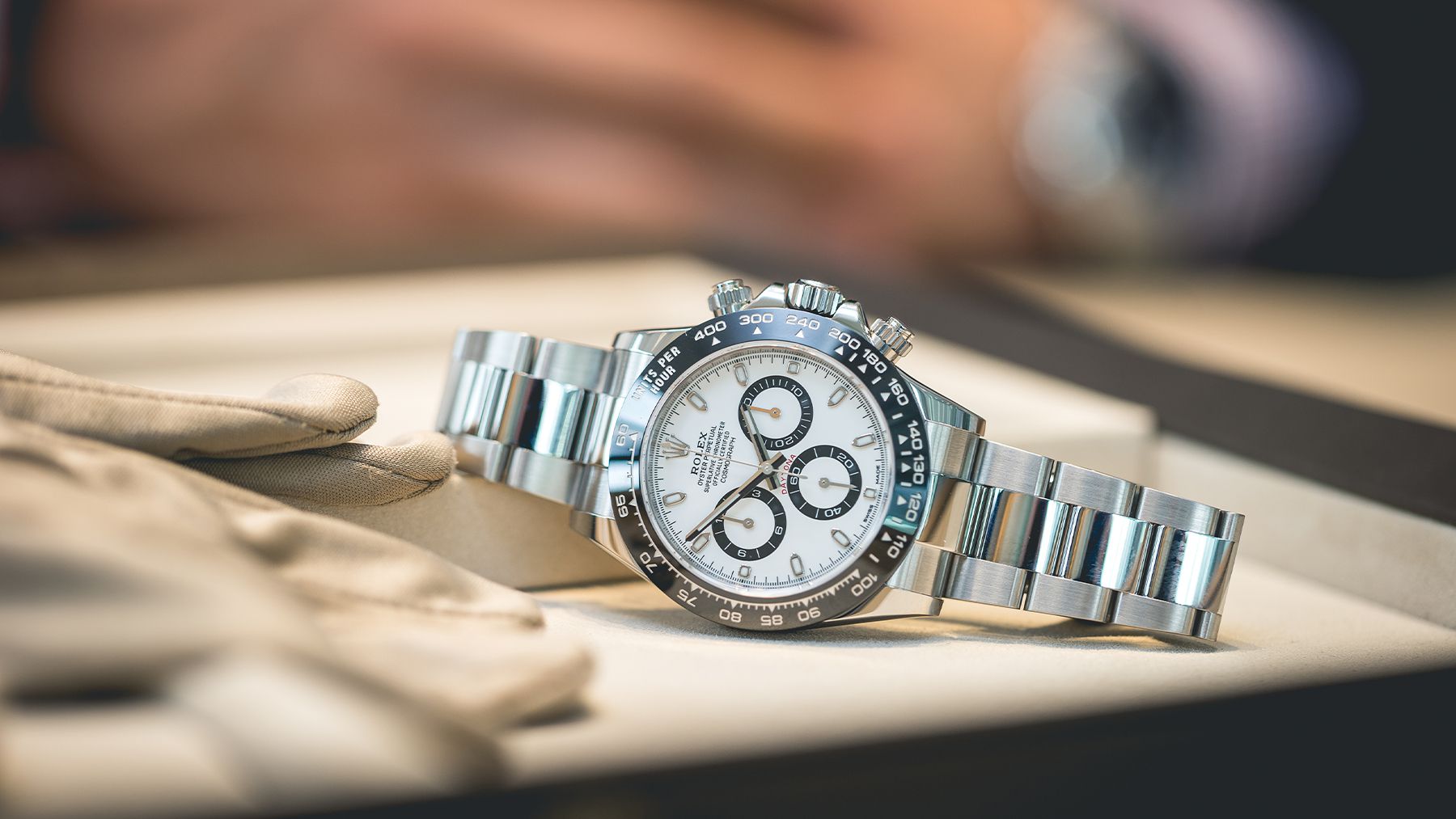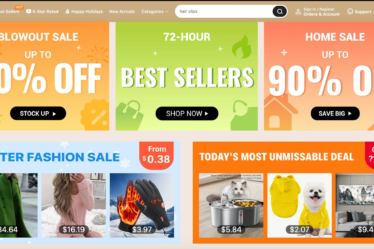
Watchfinder & Co., the online pre-owned watch-selling platform controlled by luxury conglomerate Richemont, has dropped prices by about 15 percent as valuations of used Rolex and other top models have declined.
“There is pain for sure,” Arjen van de Vall, who took over as the chief executive officer of Watchfinder in 2021, said in an interview. “You see supply going up significantly for models that we would literally have killed for just a couple of months before.”
After an unprecedented surge in 2021 and into the first three months of 2022, prices for the most desired Rolex, Patek Philippe and Audemars Piguet models have been falling sharply. Watch values have been hit by slowing economic growth, higher interest rates and the collapse of crypto currencies.
Watch dealers and investors have flooded the market with supply, in recent months, of once-sought-after Rolex Daytona, Patek Nautilus and AP Royal Oak models leading to a 24 percent decline in a luxury watch market index, compiled by Watchcharts, in 12 months. The index comprises 60 watches from the top 10 luxury watch brands by transaction value.
Watchfinder’s average selling price for a luxury timepiece is about £7,000 ($8,445), according to the CEO. That hasn’t changed much despite the price correction as buyers have been snapping up higher-end models at lower prices.
“It’s mostly driven by re-balancing of what it is that we sell,” van de Vall said. “Some of the higher end stuff, with prices settling down, became more attractive.”
Rolex remains the top selling luxury watch brand on Watchfinder, both by volume and value. However, lower priced brands such as watches made by Richemont jewelery brand Cartier are moving up the list. Cartier is currently the sixth-most popular brand by volume but will soon move into fifth place amid rising popularity for the brand’s Tank and Santos models, van de Vall said.
Steep Fall
Based in the UK, Watchfinder is among the biggest online sellers of pre-owned luxury timepieces and has expanded to other markets in Europe, the US and Asia. It also has physical stores in London, Paris, Geneva, Munich, Hong Kong and New York, giving the company particular insight into watch market demand trends.
The CEO said the correction in prices and surge in supply was not a surprise to Watchfinder, which uses data to track and predict market performance as supplies surged. However, the breadth and the speed of the selloff has been unexpected.
“Most people in the industry were not naive that prices would plateau and go down, but not with this magnitude,” he said.
Watchfinder is expanding to add a trading platform in the UK, apart from buying watch inventory for resale on its website and in its stores. The new program will allow dealers and private sellers to post watches for sale on Watchfinder with the company taking a £175 sales commission on each watch and a 4.9 percent share on the sales value.
Watches sold on the platform will be inspected for authenticity and condition by Watchfinder. The move puts the company in direct competition with Chrono24 GmbH, the biggest online watch trading platform, as well as eBay Inc. Chrono24 recently cut about 13% of its workforce in a reorganization amid the declines in secondary watch market prices.
By Andy Hoffman
Learn more:
Has the Luxury Watch Market Peaked?
An uncertain economy and free falling resale prices have created a sense of unease in the category, but watch dealers and experts say the best is still ahead.



